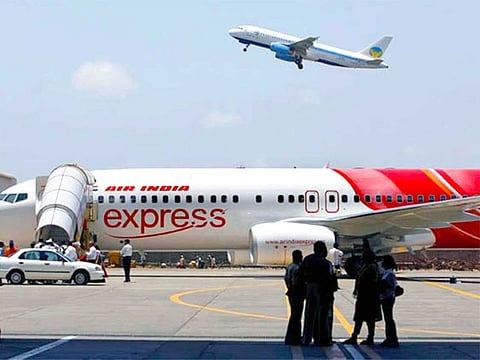How to stop India’s rich from leaving the country
Urban governance needs a bold new deal. Indian cities have to compete with developed world

One understands poor and middle-class Indians moving abroad for jobs. But why do rich and super-rich Indians move?
You can get all the global brands in our malls. You can get cheap labour to exploit — rich people’s houses are full of staff maintaining huge properties. And except for Delhi and Mumbai, property is fairly cheap.
Yet, rich Indians have been moving abroad, without changing their citizenship in large numbers.
According to the Henley Private Health Migration Report 2023, some 6,500 Indian millionaires are expected to move out of the country this year alone, second only to China. In 2021 alone, more than 160,000 Indians took foreign citizenship.
The government has taken steps to make it expensive to move large amounts of wealth abroad. Rich, elite Indians moving abroad take away a lot more than wealth. They take away their energies and talent with which they could be creating wealth and jobs in India.
The city unlivable
The main reason why rich Indians move out is “better quality of life”. What is this quality of life? It is public transport good enough for everyone to use, pothole-free roads that are not always packed with traffic. It is air that is not poisonous to breathe. It is water that is fit to drink from the tap.
To check the flight of rich Indians, India needs to fix its urban governance. Our cities need a bold new deal.
While cities are the engines of growth, the masses live in the villages. The taxes earned from cities must support life in the villages where productivity is low. Urban Indians understandably feel cheated by this deal.
Yet you only have to look at a place like Delhi, where the government often has a surplus budget and does not have to support rural swathes, to see that the problem isn’t one of resources alone.
Empowering city governments
The problem begins with the political class not taking municipal bodies seriously, and refusing to empower them.
Forget powers, municipal elections are not held on time. India’s largest municipal corporation, Mumbai’s Brihanmumbai Municipal Corporation, has been without elected members for 18 months now, the longest that this body has gone without elections in its 150 year old history.
Another 24 out of a total 28 municipal bodies in Maharashtra are without elected officials.
Elections were due for the Bruhat Bengaluru Mahanagara Palike in 2020 but have still not been held. The Congress government there is looking for the right time, politically speaking, so that the result may benefit the ruling party in the state. It is for this reason that municipal elections in Maharashtra are being delayed.
Maharashtra and Karnataka are by no means exceptions. Urban bodies and their elections are seen as a headache by state governments. Chief ministers and bureaucrats would rather run city governments directly. Once again, the problem with this is that the priority of state governments lies in the rural areas.
It should be shocking that elections for city governments are delayed for months. But even when they are held, they often feel pointless given how powerless these bodies are. The mayors of Indian cities must be among the most powerless mayors in the world. They can’t even decide, or pay for, say, a new waste-management plant. The money is with the state government.
The public will have to take the lead
To be fair, whatever powers they do have, they don’t exercise them well. A recent report by Janaagraha, a Bengaluru-based non-profit, should ring alarm bells about the state of urban governance in the country.
It found how understaffed our municipal bodies are. Bengaluru has only 317 staff employed for every 100,000 population. New York has 5,900. The report says 30-40% vacancies in urban bodies are not being filled. Without addressing this vacuum of urban governance, India can’t possibly become a developed, rich country.
No wonder that even among capital cities, many urban bodies don’t have plans in place to address key areas such as spatial use, sustainability or heritage conservation.
The report found that the tenure of mayors is often as short as one year, giving them little time to show results.
A big part of the problem is the apathy of citizens. The low voter turnout in municipal polls tells you how little citizens invest in urban governance. How many people in urban India would even know the name of their corporator?
Most urban bodies don’t make their key plans and data available to the public and the public doesn’t seem to care. This has to change, and change can only come from our chief ministers. While the central government has been nudging a reform of urban governance, there has to be a nudge to chief ministers and state bureaucracies to relinquish control, give autonomy and funds, so that municipal bodies can look after our cities.
Of course, that’s not going to happen. And the rich, for good reason, will continue leaving for US, UK, Canada or the UAE.
Sign up for the Daily Briefing
Get the latest news and updates straight to your inbox




